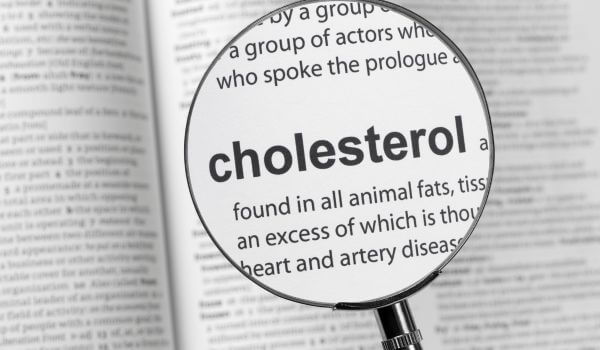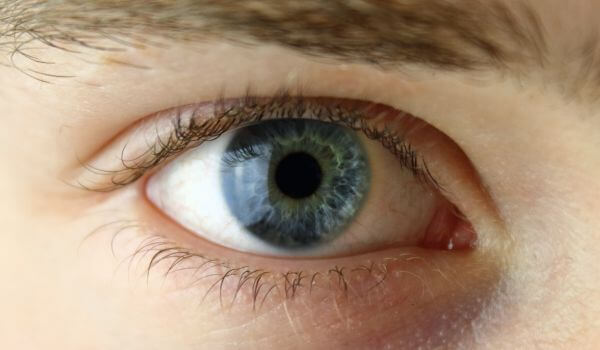
A recent study conducted by the German Diabetes Center (DDZ) in Düsseldorf has found that there is a strong correlation between the incidence of diabetes and erectile dysfunction (ED). The main conclusion was that the onset of Type 2 diabetes in men, regardless of their age, should be a trigger for an investigation into erectility (measured against the International Index of Erectile Function).
One of the aims of the study was to understand how diabetes-related ED can be detected regardless of the age of onset of diabetes and whether the subtypes of diabetes have a meaningful influence on the rate of incidence and severity of ED.
Understanding diabetes Type 2 subcategories
Traditionally, diabetes was largely categorized as Type 1 (severe autoimmune diabetes – SAID), which could occur at any age but was more common in younger people, or age-related Type 2, which generally onset past the age of 40. More recently, there has been a further categorization of Type 2, into severe insulin-deficient diabetes (SIDD), severe insulin-resistant diabetes (SIRD), mild obesity-related diabetes (MOD), and mild age-related diabetes (MARD). The subgroups differ not only in their diagnostic characteristics but also in their susceptibility to complications. This study was intended to find whether any of the sub-groups were more or less likely to be related to ED.
There is already a recognized correlation between age and decreased erectile functions, since the chance of men developing ED increases as they get older.
There is also a cause-and-effect correlation between type 2 diabetes and ED through damage to the arteries in the penis, especially in the cases of SIDD, SIRD, and MOD. This is one of the main findings of the new study. One conclusion is that men with SIRD and SIDD should be investigated specifically for ED. The physician should pose questions to the diabetes patients specifically about erectile problems.
Men who demonstrate high fasting insulin levels (characteristic of the SIRD subgroup) or severe insulin deficiency (the SIDD subgroup) should be investigated directly regarding erectile function.
How is Erectile Dysfunction diagnosed?
For men undergoing an investigation for Erectile Dysfunction (ED), a patient questionnaire is used to measure various aspects of erectile performance. The aim is to assess the level of severity. ED is usually diagnosed using a questionnaire designed as a multi-dimensional self-report that evaluates male sexual function. It has been designed to be conducted by doctors who have been consulted because of a self-diagnosis of ED.
It is a well-known fact that the subject of sexual performance can be perceived to be highly personal and intimate. Many men, especially older men who are not very sexually active, do not refer any sense of erectile inadequacy to their doctor, so ED remains undetected.
Because of these problems in the face-to-face investigation of ED, owing to the reluctance of men to discuss this sensitive subject, there is now a more impersonal way of establishing whether ED is in fact a problem. This is known as the IIEF-5 test.
The IIEF-5 is a shortened version of the International Index of Erectile Function. It can be downloaded onto mobile devices and can be used to detect the presence of ED and calculate the degree of severity.
FAQ
What does my IIEF-5 score indicate?
The way that IIEF-5 works is to reduce the level of intimacy, since the questions are asked in an entirely impersonal app and the process can be conducted completely in private. The output of the process is to produce a numeric score and a rating (for example score = 16, rating is “mild to moderate erectile dysfunction”), which can then be discussed with a doctor.
The possible scores for the IIEF-5 range from 5 to 25, and the diagnosis is based on the scores: severe (5-7), moderate (8-11), mild to moderate (12-16), mild (17-21), and no ED (22-25).















